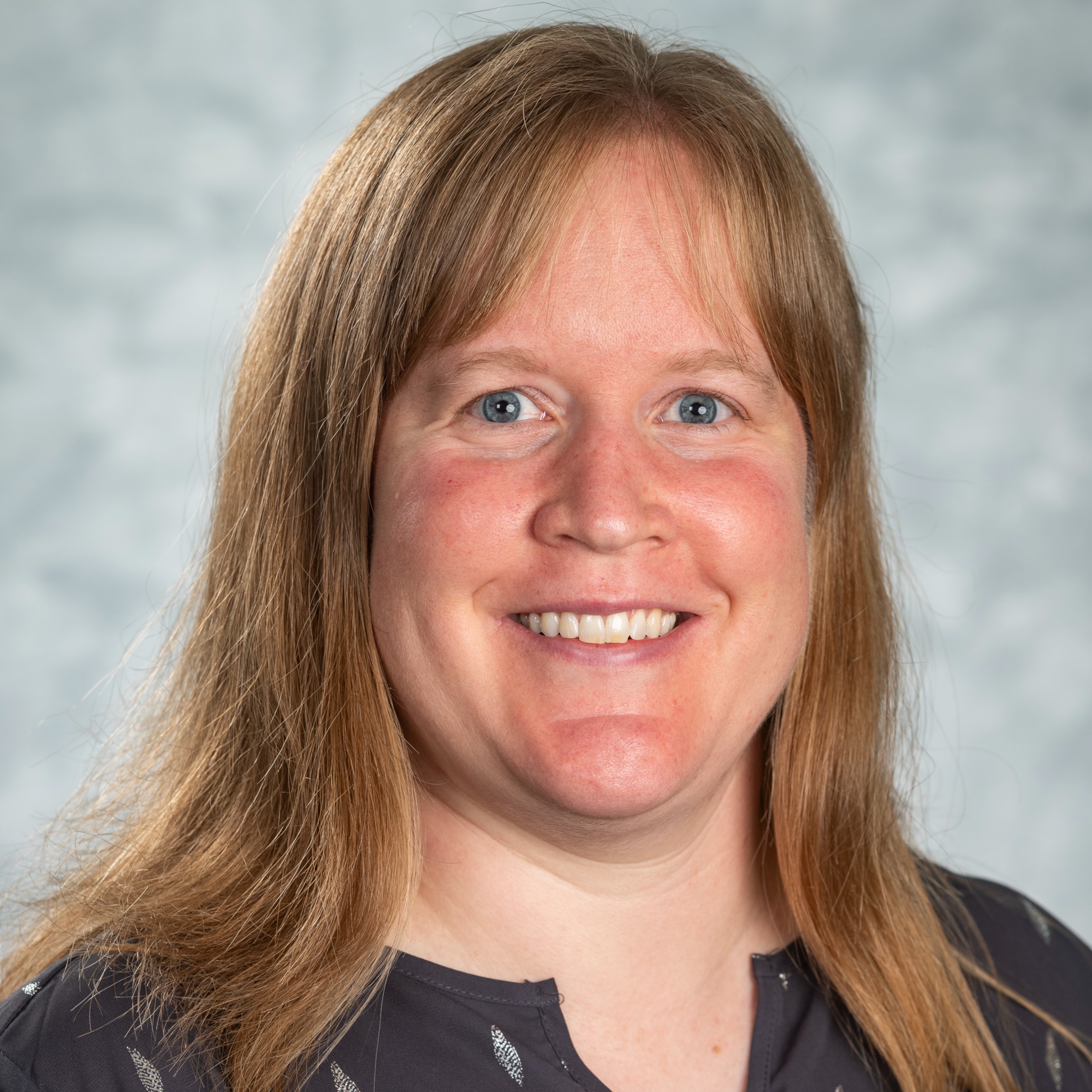Research projects:
Advancing Care for Pregnant and Postpartum Athletes: A Call to Action for Athletic Trainers
Published: May 12, 2025
Dr. Geoghegan and colleagues highlight the urgent need for evidence-based clinical guidelines for perinatal athletes. The article underscores how the lack of research and training on pregnancy and postpartum care creates barriers to providing patient-centered care within the athletic training profession. Dr. Geoghegan and colleagues advocate for greater inclusion of female-centric health topics in athletic training education, clinical practice, and research. The paper calls on professional organizations to develop position statements and resources that empower athletic trainers to safely and effectively support pregnant and postpartum athletes. This work emphasizes the athletic trainer’s vital role on interprofessional care teams and advances the broader conversation on equity in sports medicine.
Therapeutic Dry Cupping Induces Mechanical Changes in Underlying Soft Tissues
Published: June 27, 2024
Dr. Geoghegan conducted original research examining the mechanical effects of therapeutic dry cupping on soft tissue. Using musculoskeletal ultrasound imaging, her study measured real-time changes in skin, subcutaneous, and upper trapezius tissue thickness and fluid movement during and after treatment. Findings demonstrated that cupping temporarily increases skin and subcutaneous tissue thickness and promotes fluid exchange across multiple tissue layers. Interestingly, upper trapezius thickness decreased only after treatment, suggesting a delayed mechanical response in deeper tissues. This work provides objective evidence supporting the theory that dry cupping induces measurable mechanical and fluid changes that may underlie its clinical benefits.
